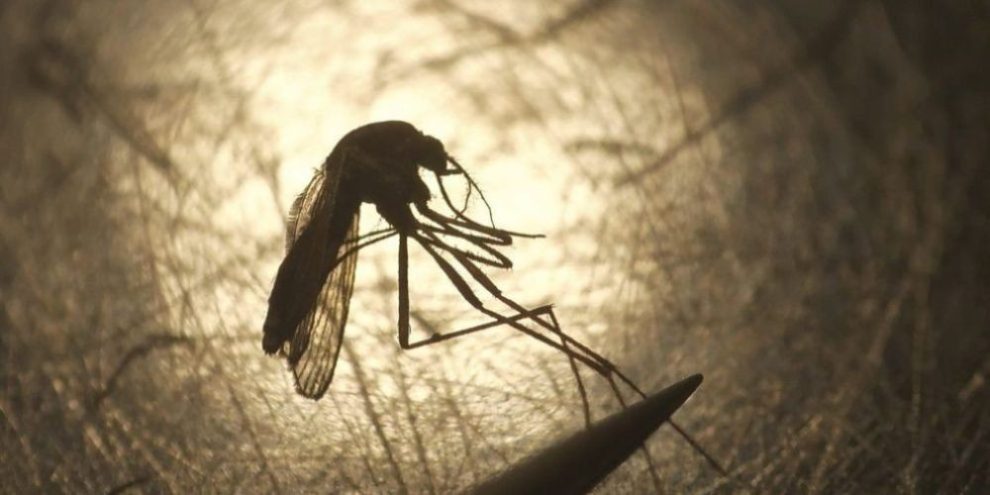
Recent laboratory results have confirmed the first human case of West Nile virus this year in the County of Simcoe, according to the Simcoe Muskoka District Health Unit (SMDHU).
Health officials advise the public to continue to protect themselves against mosquito bites.
West Nile virus spreads between birds and certain types of mosquitoes, and humans can become infected if bitten by a mosquito that has previously fed on an infected bird.
"Locally, the health unit's surveillance program has shown that West Nile virus activity remains within the usual levels for this area," the SMDHU reported in a news release on Monday.
The health unit added that the risk of getting West Nile from an infected mosquito is highest in the late summer and early fall.
To stay safe, the health unit recommends doing the following:
- Use an approved insect repellent and follow the manufacturer’s instructions.
- Wear light-coloured clothing, covering exposed skin by wearing long-sleeves, long pants, socks, and a hat in areas where mosquitoes are present.
- Stay indoors when mosquitoes are most active – at dusk and dawn – when possible. Reduce mosquito-breeding sites on or near your property by removing still water.
- Use screens in your windows and doors to keep mosquitoes out of your home.
West Nile can cause severe illness in some people; most individuals who get bitten by an infected mosquito will not become sick. Symptoms of West Nile include fever, muscle weakness, stiff neck, confusion, severe headaches, and a sudden sensitivity to light. In very rare cases, the virus may cause a serious neurological illness. Those experiencing symptoms should seek medical advice.
For more information about West Nile virus and protecting yourself from mosquito bites, visit smdhu.org/WNv or our offices at 705-721-7520, ext. 8811 (toll-free 1-877-721-7520), weekdays from 8:30 a.m. to 4:30 p.m.





